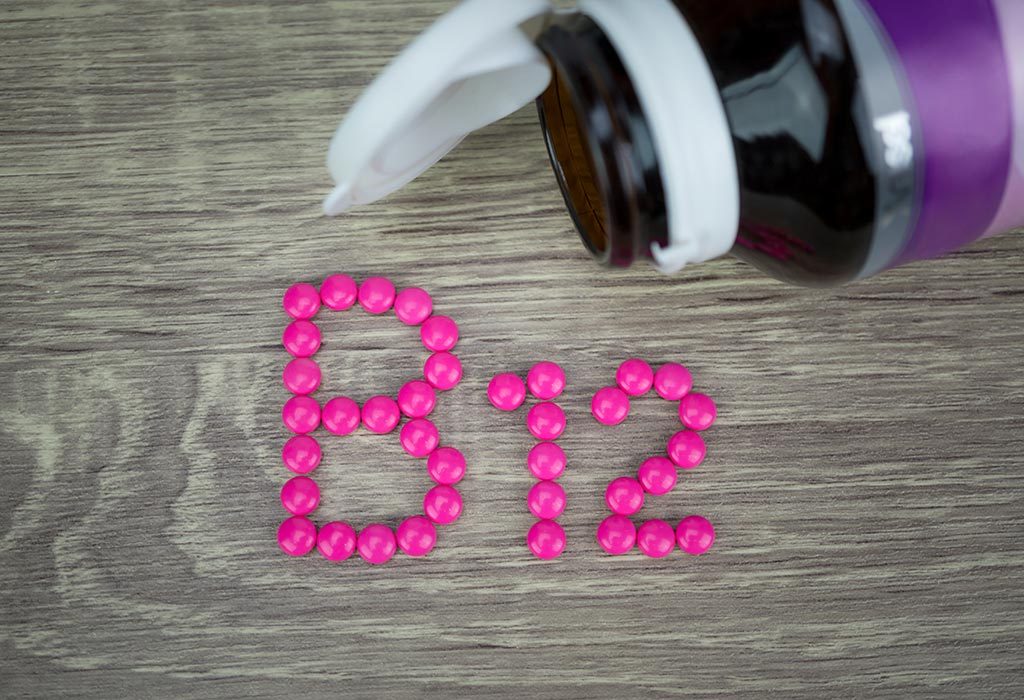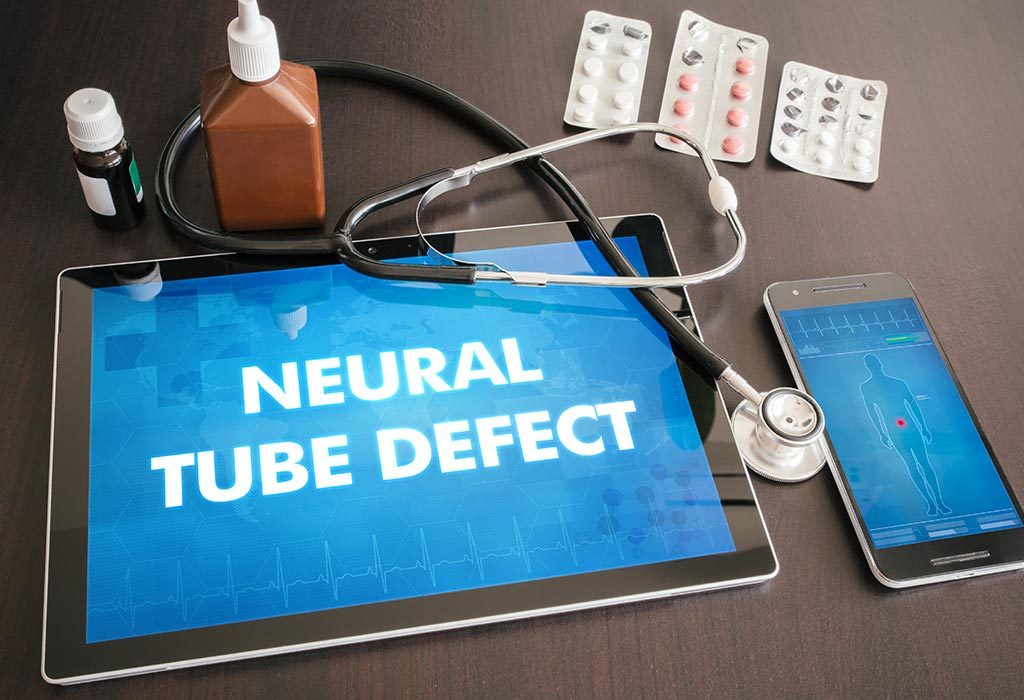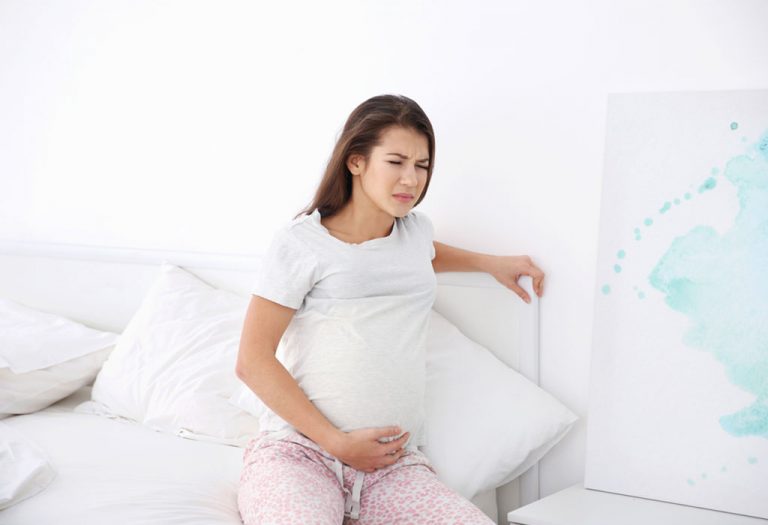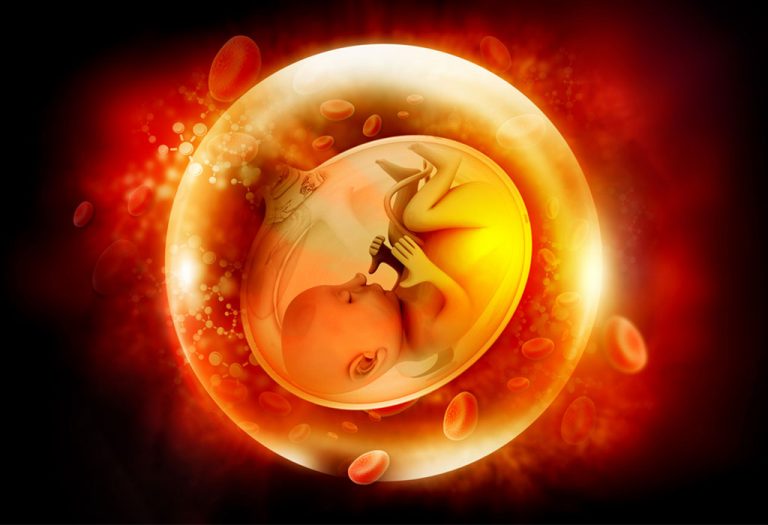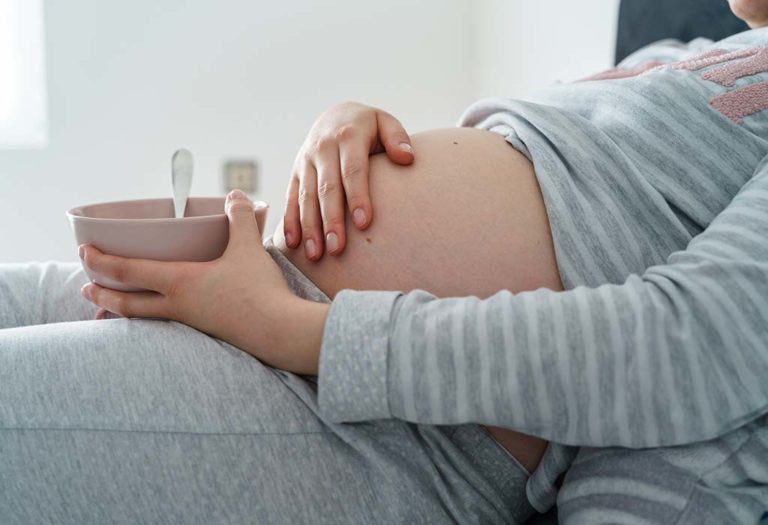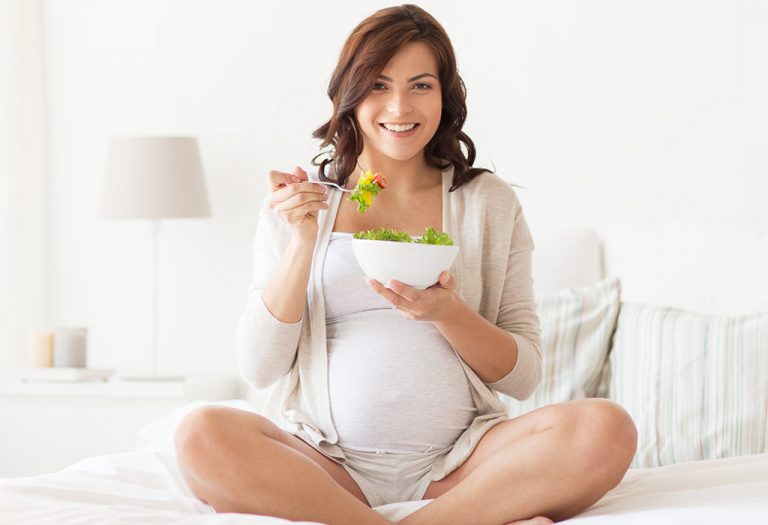Vitamin B12 in Pregnancy – Importance, Supplementation & Food Sources

If you’re pregnant, you know that eating nutritious food is important for the healthy development of your baby. Pregnancy is a special time when your body works extra hard to support the little life growing inside you. A diet rich in minerals and vitamins plays a significant role in supporting a healthy pregnancy. Vitamin B12, for instance, is crucial as it promotes the development of the nervous system and the brain in unborn babies. A deficiency in vitamin B12 in pregnancy can lead to serious complications, including developmental delays, neural tube defects, and maternal fatigue or anaemia. Learn more about Vitamin B12, how it benefits during pregnancy, and more!
What Is Vitamin B12?
Vitamin B12 is water-soluble that your body can’t make it on your own. It performs many essential functions in the body. And since your body can’t make it, you have to get it from animal-based sources or supplements. Vitamin B12 foods should be consumed often as our bodies can’t store it for a long time (1).
How Much Vitamin B12 Is Recommended in Pregnancy?
The dietary requirement of this nutrient can increase manifold during pregnancy as the growing unborn baby may require it for its optimal development. Doctors generally recommend a supply of 2.6 μg/d when pregnant to prevent deficiency of Vitamin B12 (2). Therefore, a pregnant woman may need a dosage of 250 to 500 ug per day to meet her daily requirement. It is sensible to keep the dosage level on a slightly higher side to cater for the rate of absorption by the human body.
Vitamin B12 Supplements During Pregnancy
There are primarily two ways of obtaining vitamin B12. One is by consuming food items rich in the Vitamin and the second is by taking additional supplements.
Can You Take B12 Vitamins While Pregnant?
It may be necessary to take supplements during pregnancy if a deficiency is assumed, to avoid any probable harm to the mother and the growing foetus. But the supplements should be taken in moderation. Therefore before taking vitamin B12 while pregnant, it is wise to consult a doctor who can suggest the right dosage for you (3). Your doctor may suggest injections or nasal gels for Vitamin B12 deficiency in pregnancy.
In any case, being careful while pregnant should be the norm. Overdosage may not be a desirable thing. Being a water-soluble nutrient, it may get excreted out of the body by way of urine in case of excess. It may be safe to state that suitable supplementation is protective and side effects of taking vitamin B12 supplements is highly unlikely.
When to Take?
Most pregnant women may get their required supply from a nutritious diet and their prenatal vitamins. However, pregnant women following restrictive diets like vegan or vegetarians may need supplements. Also, if a deficiency already exists, the doctor may suggest Vitamin B12 injections during pregnancy.
Benefits of Vitamin B12 During Pregnancy
Here are a few benefits of Vitamin B12 for pregnant women (4) (5):
- It helps in the absorption and digestion of food, and proper metabolism thereby preventing gastric troubles during pregnancy.
- It helps in the smooth functioning of the nervous system during pregnancy.
- It promotes healthy nerve, spine and brain development in the growing foetus.
- It can prevent the risk of anaemia in pregnant women.
- It helps boost the immune system during pregnancy.
- It can help effectively combat the various pregnancy symptoms like fatigue, weakness, mood swings, constipation.
- It also helps in the production of DNA (the molecule that holds the genetic code for every cell in our body).
How to Check for Vitamin B12 Deficiency During Pregnancy?
In case you experience weakness, have rapid breathing and heart rate, or have pale skin during pregnancy, you should check with a doctor (6). Your doctor may suggest that you test for Vitamin B12 deficiency. The doctor may recommend some blood tests to determine the count of red blood cells and the presence of methylmalonic acid. The higher levels of methylmalonic acid may indicate lower levels of vitamin B12 in the body. In case a deficiency is diagnosed, the doctor may conduct additional tests, such as antibodies test, Schilling test to establish the type and causes of the same.
Risks and Complications
Vitamin B12 deficiency during pregnancy can pose many risks and complications for both the mom and her baby (7).
For the Mother
- Vitamin B12 deficiency can cause megaloblastic anaemia which can result in greater weakness or tiredness in pregnant women.
- Insufficient levels of Vitamin B12 during pregnancy can trigger gastric troubles like constipation, acidity.
- Vitamin B12 deficiency when pregnant may increase the risk of premature delivery.
- Low levels of Vitamin B12 during pregnancy can lead to the development of diabetes later on.
For the Foetus
- Neural Tube Defects : Vitamin B12 deficiency during pregnancy can trigger neural tube defects in the unborn baby, which may affect his spinal cord and brain. Neural tube defects can lead to partial paralysis and anencephaly (skull and brain are underdeveloped) which is a fatal condition (8) (9).
- It May Affect the DNA Process : Low vitamin B12 in pregnancy can negatively impact the DNA synthesis process for the unborn baby.
- Low Birth Weight : Inadequate levels of Vitamin B12 during pregnancy can result in the baby being born with low birth weight.
- Diabetes : Vitamin B12 deficiency during pregnancy may prompt certain metabolic disorders in the baby like Type 2 diabetes.
Foods Rich in Vitamin B12
Getting enough Vitamin B12 during pregnancy doesn’t have to be complicated, many everyday foods are naturally rich in this important nutrient. Here are a few Vitamin B12 foods for pregnancy to add to your plate (9) (10):
- Milk
- Cottage cheese
- Swiss/Emmental cheese
- Yoghurt
- Eggs
- Meat
- Lamb
- Pork
- Turkey
- Fish like salmon
- Shellfish
- Fortified breakfast cereals
- Nutritional yeast
- Fortified soy milk
- Fortified foods made of soybeans or wheat gluten
- Rice beverages
- Fortified oat or almond beverage
- Feta, gruyere, gouda, brie cheese
- Soy burger
FAQs
1. Who is most at risk of Vitamin B12 deficiency during pregnancy?
Women who follow vegan or vegetarian diets, have digestive issues (like Crohn’s or celiac disease), or have had weight-loss surgery may struggle to absorb enough B12 from food.
2. Should breastfeeding moms continue taking Vitamin B12?
Absolutely. A breastfeeding mother’s B12 levels directly affect the baby’s intake, especially in the early months. Continuing to eat B12-rich foods or taking a supplement, if needed, ensures your baby gets enough through breast milk (3).
When it comes to vitamin B12 and pregnancy, getting enough of this nutrient can make a big difference for both you and your baby. Pregnant women must ensure that their pregnancy diet consists of foods high in vitamin B12 content. Include the foods (which are safe to consume during pregnancy) from the above list and ensure that you get enough Vitamin B12. You can even opt for supplements upon consultation with your doctor if you are vegan and lower the risks of deficiency-related complications.
References/Resources:
1. National Institutes of Health – Vitamin B12
2. PubMed Central – Nutrition Recommendations in Pregnancy and Lactation
4. Nutrition During Pregnancy – American College of Obstetricians and Gynecologists
5. Harvard T. H. Chan School of Public Health – Vitamin B12
6. Cleveland Clinic – Vitamin B12 Deficiency
7. NHS – Vitamin B12 or folate deficiency anaemia
8. Cleveland Clinic – Neural Tube Defects (NTD)
9. Family Health Centers of San Diego – Vitamin B12 and Pregnancy
10. NHS – B vitamins and folic acid
Also Read:
Vitamin B6 while Pregnant
Vitamin B1 during Pregnancy
Taking Riboflavin in Pregnancy
Consuming Niacin while Pregnancy
Consuming Vitamin B5 during Pregnancy
Was This Article Helpful?
Parenting is a huge responsibility, for you as a caregiver, but also for us as a parenting content platform. We understand that and take our responsibility of creating credible content seriously. FirstCry Parenting articles are written and published only after extensive research using factually sound references to deliver quality content that is accurate, validated by experts, and completely reliable. To understand how we go about creating content that is credible, read our editorial policy here.







